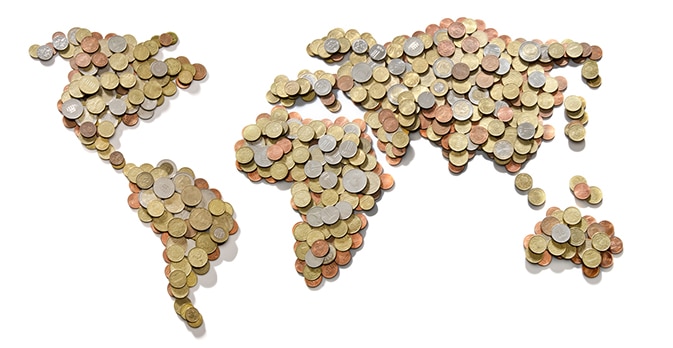PPL announces quarter four payment details
Music licensing company PPL has today announced a quarterly payment of £39.2 million.

Music licensing company PPL has today announced a quarterly payment of £39.2 million.
In total over 73,000 performers and around 8,000 recording rightsholders were paid by PPL in December 2018. For the first time, some PPL members have received an in-year payment relating to the use of their recorded music on TV or radio in the UK from earlier in 2018.
PPL also distributed supplementary remuneration (SR) received in 2018 from record companies for 2017 UK exploitation of recordings in the extended term of copyright, (P)1963 – (P)1966 (see notes below). December’s distributable revenue for non-contracted performers from the SR fund has increased by 63 percent on the previous year. This is the fourth year that non-contracted performers have received a share of sales-type income from certain historic recordings. Over 4,000 performers from the UK and around the world received SR allocations in this distribution – a 29 percent increase on the previous year, ensuring that many session performers who performed on recordings by artists such as The Kinks, Stevie Wonder, and many others, received additional income from the sale of recordings in their extended term.
£21.5m of the total £39.2m payment comes from PPL’s International collections. The international payment was distributed to 35,000 performer and recording rightsholder members. The figure completes a strong year for PPL’s international team following a record quarterly payment of £25.5m in June with nearly £75m being distributed in 2018.
In March 2018, PPL announced a record annual international collection of £49.6 million for 2017 – up 3 percent on the £48.3 million collected in 2016. This increase follows impressive longer-term growth for this part of PPL’s business; from collecting £6 million just over a decade ago in 2006 to £49.6 million in 2017.
PPL Chief Executive Officer, Peter Leathem said: “Throughout PPL, we are committed to providing the best service for all our members. This is demonstrated by the breadth of our income sources, and by the number of performers and recording rightsholders that we pay. We will continue to work on a bespoke basis with organisations around the world to help ensure that our members are paid for the use of their creative work.
As each year goes by, we expect to see the extension of copyright term have an increasingly positive impact for our members. We expect payments to continue to rise and help benefit those individuals, many of whom are no longer able to exercise their profession. The enhanced copyright framework will also enable the record companies, big and small, to continue investing in new recordings and new talent.”



